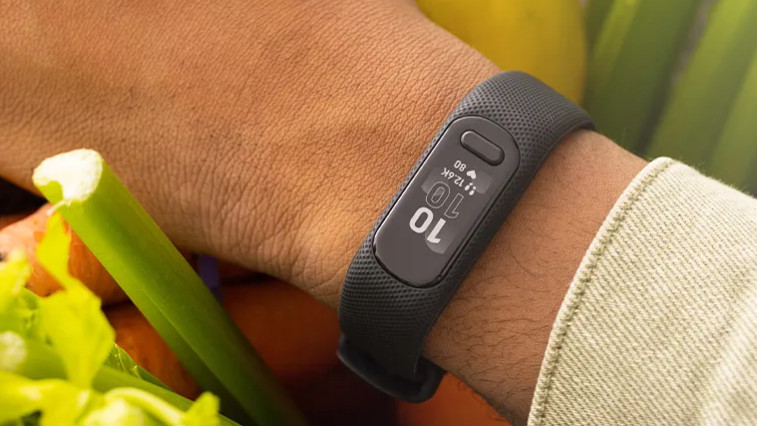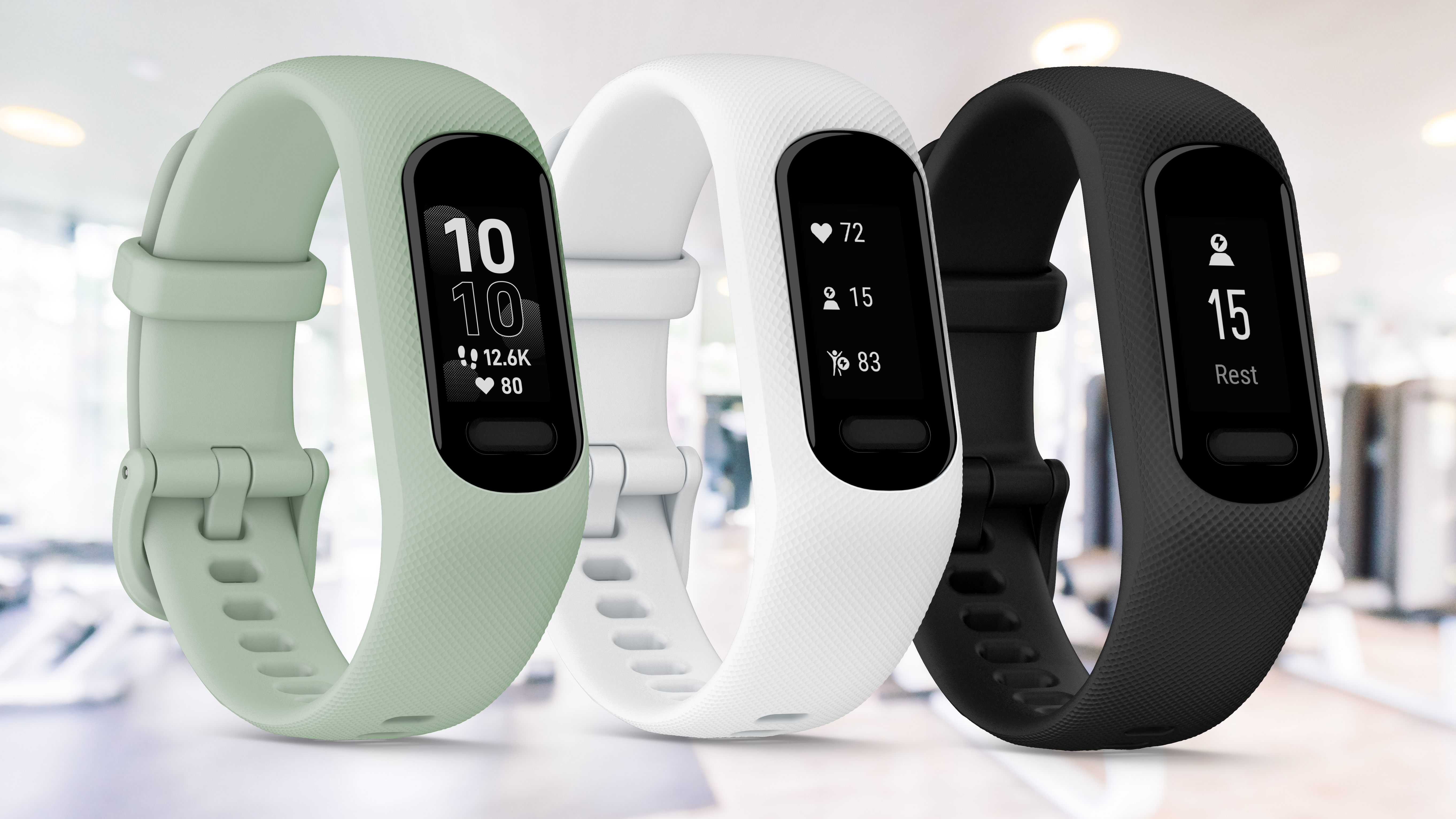

It's silly, but I'm a bit of a snob about sports watches. I certainly appreciate the value of compact fitness trackers like the Fitbit Luxe or Huawei Band 3 Pro, I've never really considered wearing one regularly myself. They just don't quite deliver the depth of data I've come to appreciate, and are more about gently nudging you towards getting active.
Although it's seriously chunky (sometimes awkwardly so), the Garmin Fenix 7 has become my everyday wearable due to the sheer volume of data it harvests throughout the day. Stress levels, heart rate variability, recovery status, sleep stages, blood oxygen saturation, temperature – I want it all, and a skinny little band just doesn't deliver the goods. Or so I thought.
The Garmin Vivosmart 5, which I'm currently testing, is a fitness tracker built for data nerds, and the more I use it, the more I like it.
Looks aren't everything
I'll be honest, compared with the likes of the Fitbit Luxe, the Vivosmart 5 isn't particularly attractive. Although it's small and light (my kitchen scale agrees with Garmin's measurement of 24.5g), it's designed for function rather than aesthetics. For example, instead of installing a discrete touch control on one side of the case, Garmin has plonked a physical button right on the watch's face. It's not very chic, but it sure is easy to use, especially mid-run.
The Vivosmart 5 sports a bright, high-resolution OLED display, but it's monochrome rather than full color, and Garmin's interface designers have wasted no time with unnecessary graphics or animated faces. Data is packed in densely, with at least three key stats visible at any one time.

Tapping the face lets you see step count, heart rate, battery level, weather, Intensity Minutes, and Body Battery Score at a glance, and swiping down allows you to drill down for more data on each metric. It's an amazing amount of information to cram into a screen that measures just 10.5 mm x 18.5 mm.
I'm still in the process of testing the Vivosmart 5, but the main downside I've found so far is battery life. Garmin says the watch will last a week on a single charge, but only if you disable SpO2 and sleep tracking. With those two enabled, you're looking at battery life closer to four days. Charging is quick though, and you should be able to get it fully juiced up in around three hours.
I'd still want a fully-fledged running watch for training (the Vivosmart 5 lacks on-board GPS, plus tools like on-screen training status and stamina), but the little fitness tracker has really won me over, and I might just end up investing in my own once I've shipped the review unit back to Garmin after testing.
Get daily insight, inspiration and deals in your inbox
Sign up for breaking news, reviews, opinion, top tech deals, and more.

Cat is TechRadar's Homes Editor specializing in kitchen appliances and smart home technology. She's been a tech journalist for 15 years, having worked on print magazines including PC Plus and PC Format, and is a Speciality Coffee Association (SCA) certified barista. Whether you want to invest in some smart lights or pick up a new espresso machine, she's the right person to help.